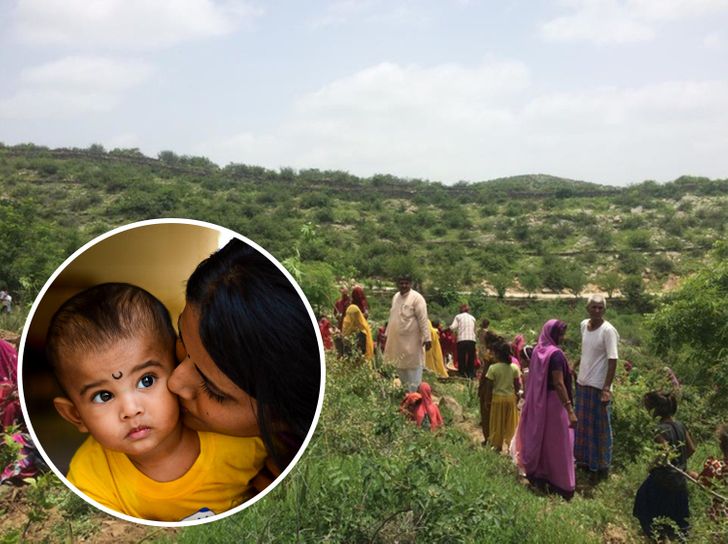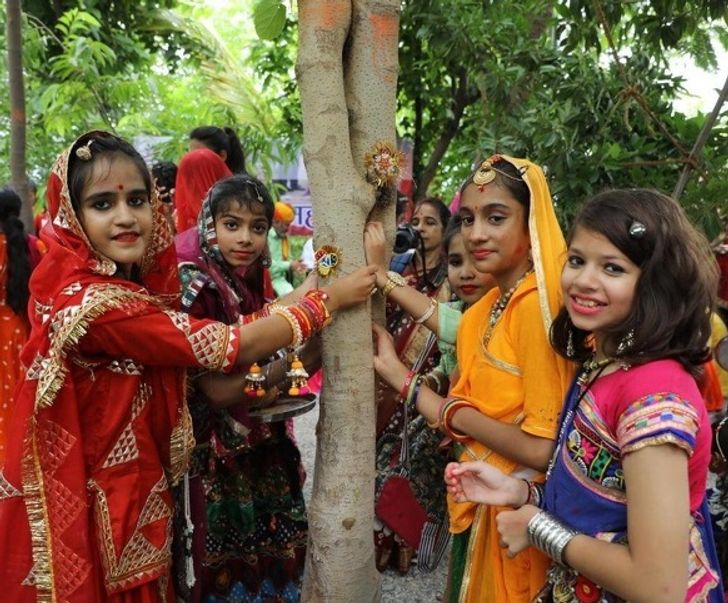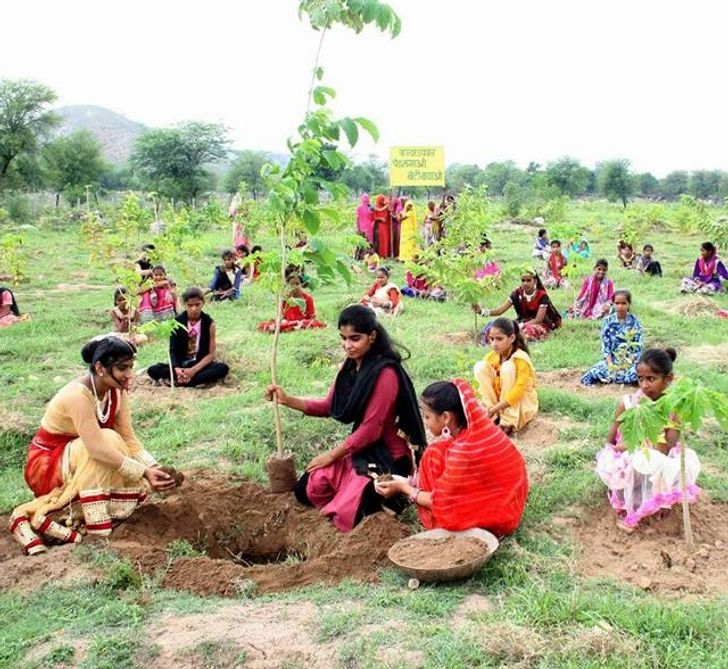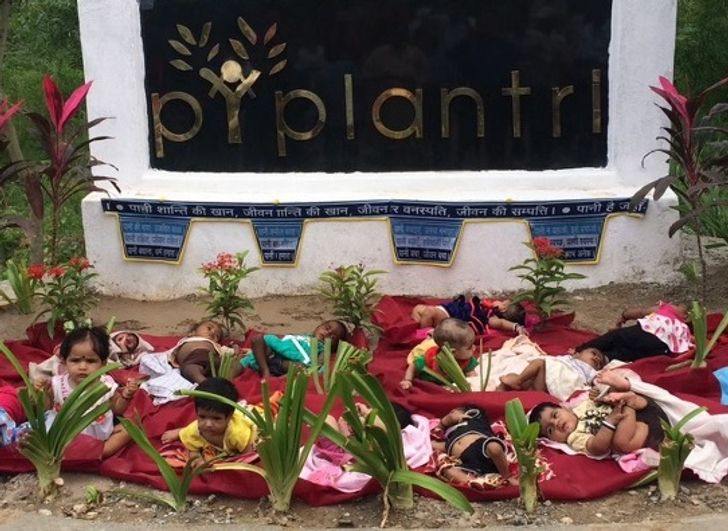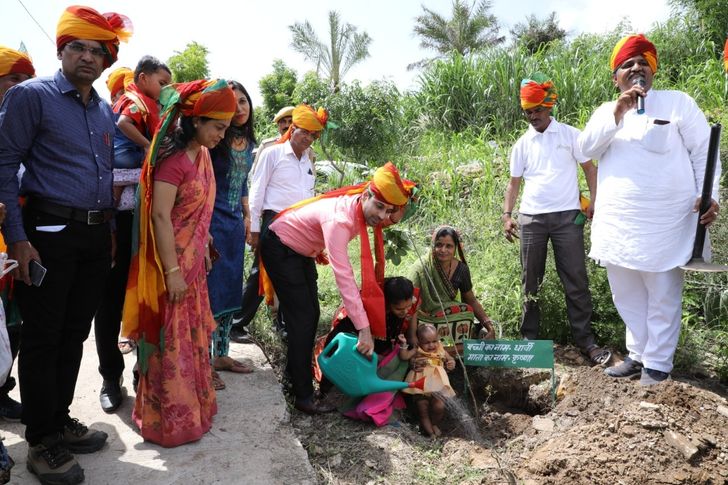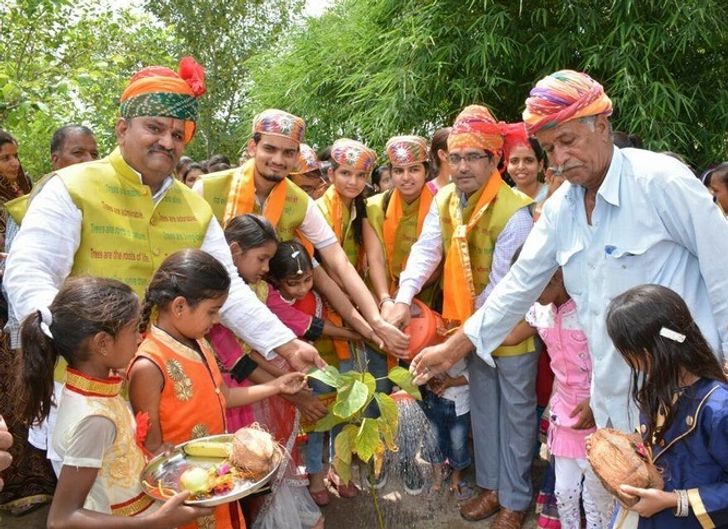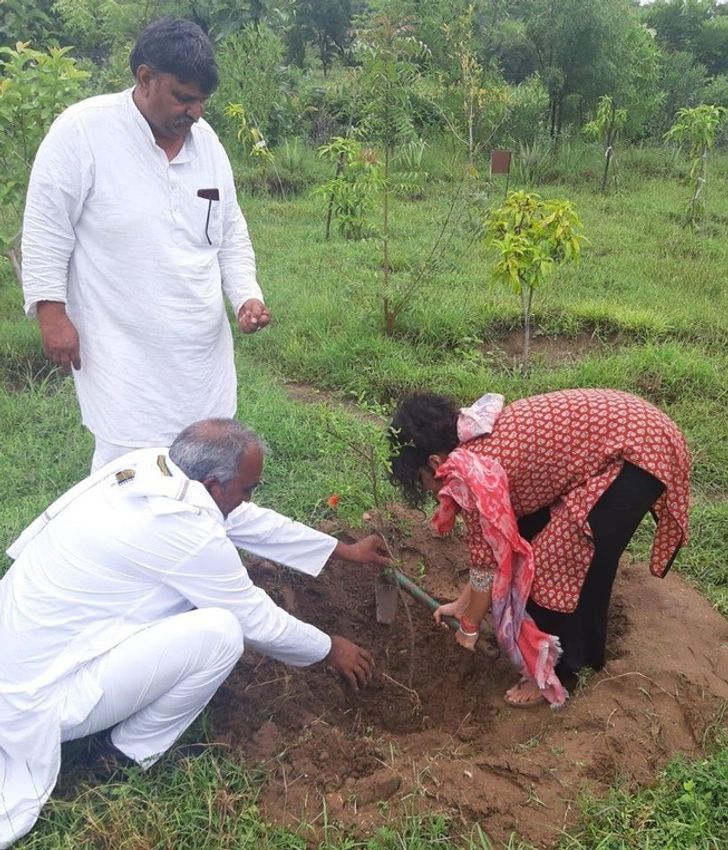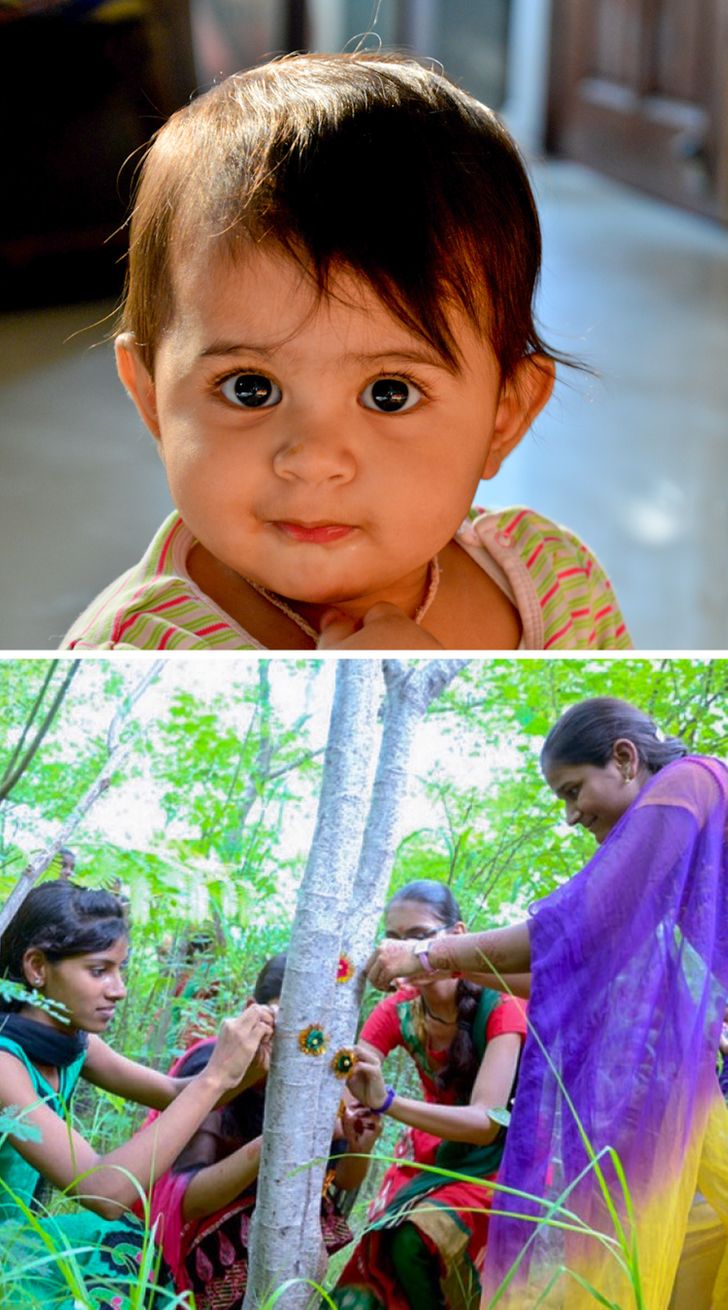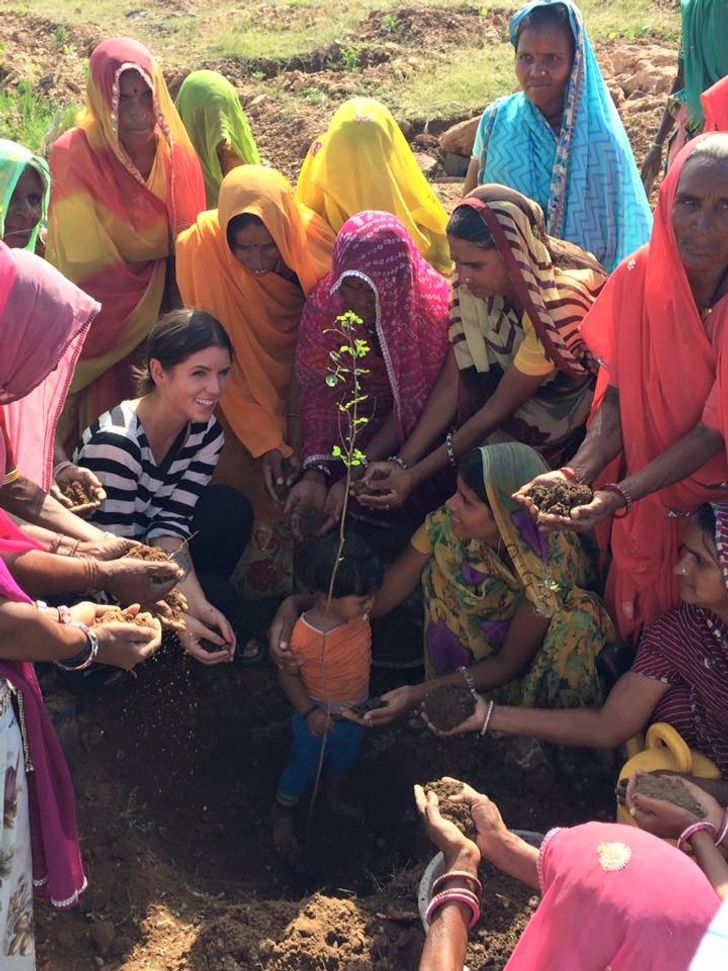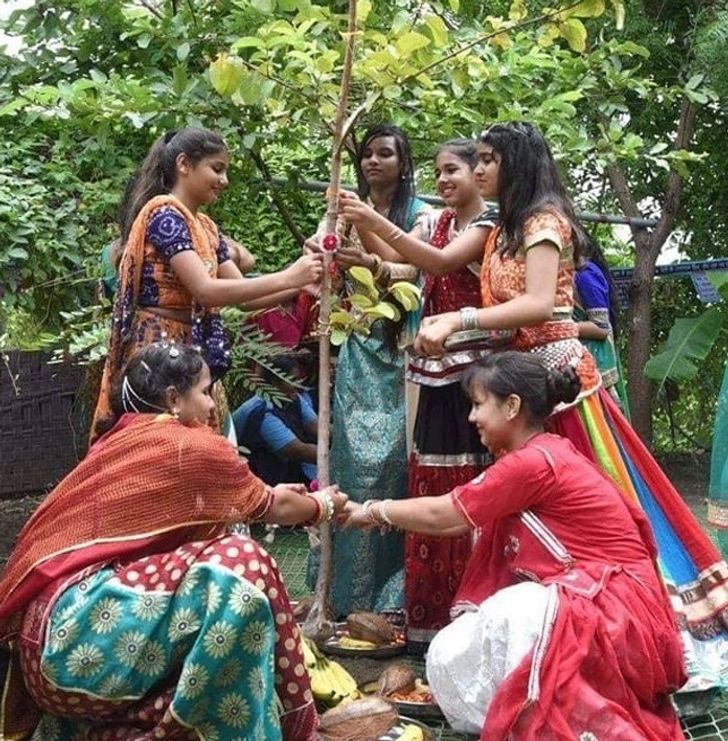Stupendous idea!! Cheers to the open minded villagers
A Village Plants 111 Trees Every Time a Girl Is Born, and Now They Have a Whole Forest
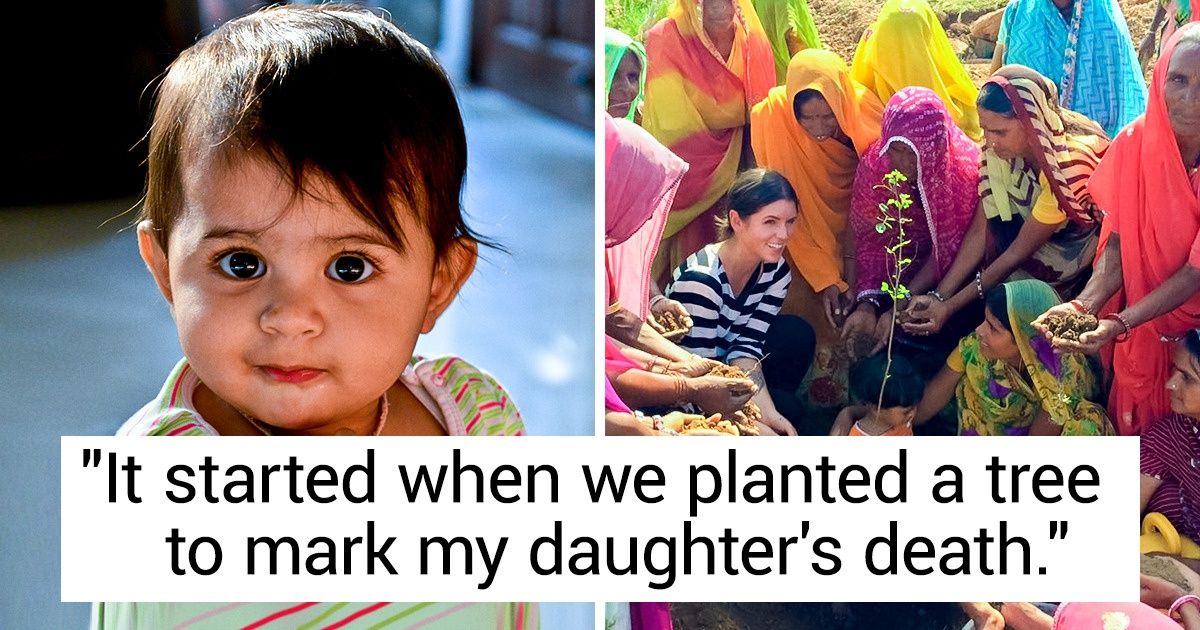
It seems that an increase in the human population always harms the environment. But this village found a way to celebrate newborn girls by supporting their people’s ecological and economical future. Additionally, the villagers managed to use this tradition to fight historical prejudice against young women.
Here at Bright Side, we were very moved by this tradition of making the world a greener, more equal place, and we couldn’t help but want to share it with you. Behold this incredibly touching story that should be replicated not only throughout India but throughout the world!
The custom was born in 2006.
Paliwal wanted to protect the future of female children in the village, so he launched a program that would not only help nature but also raise money for the girls.
111 is a lucky number.
The tradition helps Piplantri grow economically and environmentally.
The trees provide food, energy, and income to the 8,000 residents of Piplantri and encourage them to achieve long-term economic and environmental sustainability. Plants also filter the air and help contribute to a higher water level and richer wildlife.
The village also collects a capital for each newborn girl.
The tradition is not only about planting trees. In order to make sure the young women are always provided for, the village also collects a deposit capital for newborn girls — the amount of 31,000 rupees (which is approximately $400) remains untouchable until her twentieth birthday. This tradition is meant to fight the prejudice of a girl being a financial burden on her parents.
The tradition also implies that a girl can’t get married until she gets an education.
A decade later, the Piplantri village became world-famous for its “eco-feministic” tradition. The villagers have planted different trees that started making them income: like the sheesham, mango, neem, amla and many others.
Villagers also plant natural pesticide plants and take good care of the forest.
Every year, Indian citizens celebrate Raksha Bandhan, a traditional festival where all sisters tie a bracelet onto their brothers’ hands. And Piplantri women take this tradition one step further — they tie bracelets onto the trees as well as a symbol of protection.
Additionally, the Piplantri people started planting aloe vera next to the trees because it works as a natural pesticide. The village also started selling products made of the aloe plant like juice and gel, among other things.
Do you know of any other curious eco-friendly traditions? Does your family have one?
Comments
im from india and I am very proud that I come from this eco-friendly country!
Related Reads
15+ People Who Found Out Their Partner Was Living a Lie

21 Stories That Prove Blended Families Are Equal Part Struggle and Love

16 First Dates So Bad, They Should Be Turned Into a Comedy Movie

11 Heartwarming Stories That Prove Family Is Everything

12 Acts of Kindness That Circled Back in Shocking Ways

15 Times Kindness Proved It’s Still the Strongest Force on Earth

My Parents Gave My Brother the House They Promised Me—And They Learned Their Lesson

I Absolutely Refuse to Walk My Daughter Down the Aisle After What She Did to Her Mom

I Refuse to Forgive My Parents—They Bought My Brother a House and Left Me With ‘Sorry’

15 Twists That Would Make Even Netflix Ask for a Trigger Warning

I Refuse to Do My Coworker’s Job for Free—So I Made Him Pay

I Refused to Take My Stepdaughter on Our Family Trip

